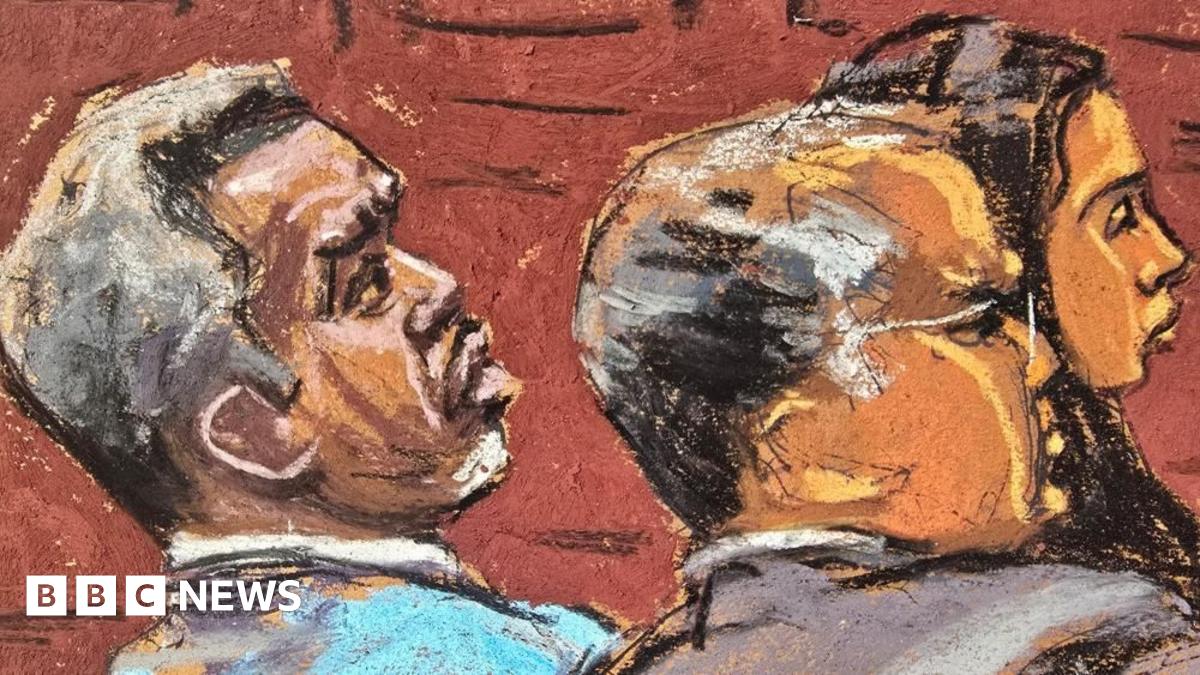Fragile Peace: Can the DRC-Rwanda Ceasefire Deal Survive the Complexities of Eastern Congo?

A Tenuous Truce in Eastern Congo
The recent ceasefire agreement between the Democratic Republic of Congo (DRC) and Rwanda offers a glimmer of hope in a region plagued by decades of conflict. Both sides have pledged to disarm and withdraw support from the numerous armed groups operating in eastern Congo. However, the path to lasting peace is fraught with challenges, and the success of this agreement remains highly uncertain.
A Landscape of Armed Groups
Eastern Congo is a notoriously complex landscape, home to dozens of non-state armed groups, many with their own agendas and motivations. These groups, often fueled by competition over natural resources like minerals, operate across porous borders, making them difficult to control and disarm. While the ceasefire aims to target those allegedly backed by either the DRC or Rwanda, it's unclear whether all groups will abide by the agreement. Some groups may see the ceasefire as an opportunity to consolidate their power, while others may simply shift their allegiances.
Rwanda's Role and Allegations
Rwanda's involvement in the conflict has been a major point of contention. The DRC has repeatedly accused Rwanda of supporting the M23 rebel group, which has launched several offensives in recent months. Rwanda has denied these allegations, but the presence of Rwandan military equipment and personnel in eastern Congo has raised serious concerns. The ceasefire agreement necessitates a withdrawal of foreign forces, a crucial step towards de-escalation.
The Challenges of Disarmament, Demobilization, and Reintegration (DDR)
Even if the ceasefire holds, the disarmament, demobilization, and reintegration (DDR) of these armed groups presents a monumental challenge. These fighters often lack alternative livelihoods and may be reluctant to relinquish their weapons. Successful DDR programs require significant investment in economic development, education, and healthcare, as well as robust security measures to prevent the re-emergence of armed groups. The international community will need to provide substantial support to ensure the success of these programs.
Beyond the Ceasefire: Addressing Root Causes
The ceasefire is just one piece of the puzzle. To achieve lasting peace, it’s essential to address the underlying causes of the conflict, including poverty, inequality, corruption, and ethnic tensions. This requires a comprehensive approach that involves strengthening governance, promoting economic opportunities, and fostering reconciliation between communities. Without addressing these root causes, the cycle of violence is likely to continue.
The Road Ahead
The DRC-Rwanda ceasefire agreement represents a fragile opportunity for peace in eastern Congo. While the challenges are significant, the potential rewards – an end to decades of conflict and the prospect of stability and development – are immense. The success of this agreement will depend on the commitment of both sides, the support of the international community, and a willingness to address the complex root causes of the conflict.





